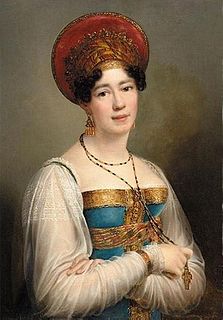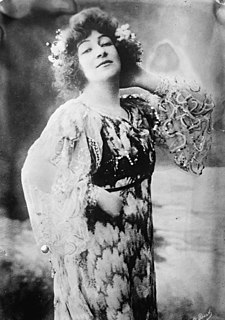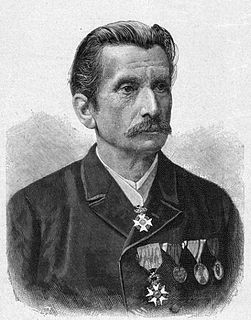A Quote by Sophie Swetchine
Only those faults which we encounter in ourselves are insufferable to us in others.
Related Quotes
We would willingly have others perfect, and yet we amend not our own faults. We would have others severely corrected and will not be corrected ourselves. The large liberty of others displeases us, and yet we will not have our own desires denied us. We will have others kept under by strict laws, but in no sort will ourselves be restrained. And thus it appears how seldom we weigh our neighbor in the same balance with ourselves.
Just as love blinds us to imperfections in others, it magnifies those we see in ourselves. But if this is true, then the opposite must also be the case. We can take comfort in the fact that our faults will be invisible to those who love us. The success or failure of any relationship depends not just on how we feel about each other, but on how we make each other feel about ourselves.
Before making peace, war is necessary, and that war must be made with our self. Our worst enemy is our self: our faults, our weaknesses, our limitations. And our mind is such a traitor! What does it? It covers our faults even from our own eyes, and points out to us the reason for all our difficulties: others! So it constantly deludes us, keeping us unaware of the real enemy, and pushes us towards those others to fight them, showing them to us as our enemies.
Christianity is not a new philosophy or new morality. We are Christians only if we encounter Christ... Only in this personal relationship with Christ, only in this encounter with the Risen One do we really become Christians... Therefore, let us pray to the Lord to enlighten us, so that, in our world, he will grant us the encounter with his presence, and thus give us a lively faith, an open heart, and great charity for all, capable of renewing the world.
Love knows no virtue, no profit; it loves and forgives and suffers everything, because it must. It is not our judgment that leads us; it is neither the advantages nor the faults which we discover, that make us abandon ourselves, or that repel us. It is a sweet, soft, enigmatic power that drives us on. We cease to think, to feel, to will; we let ourselves be carried away by it, and ask not whither?
The more isolated and disconnected we are, the more shattered and distorted our self-identity. We are not healthy when we are alone. We find ourselves when we connect to others. Without community we don't know who we are... When we live outside of healthy community, we not only lose others. We lose ourselves...Who we understand ourselves to be is dramatically affected for better or worse by those we hold closest to us.
There is a deep sense in which we are all ghost towns. We are all haunted by the memory of those we love, those with whom we feel we have unfinished business. While they may no longer be with us, a faint aroma of their presence remains, a presence that haunts us until we make our peace with them and let them go. The problem, however, is that we tend to spend a great deal of energy in attempting to avoid the truth. We construct an image of ourselves that seeks to shield us from a confrontation with our ghosts. Hence we often encounter them only late at night, in the corridors of our dreams.



































